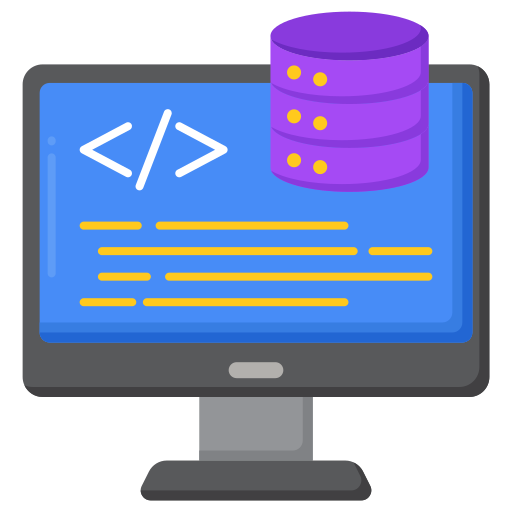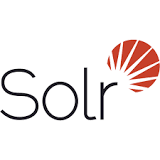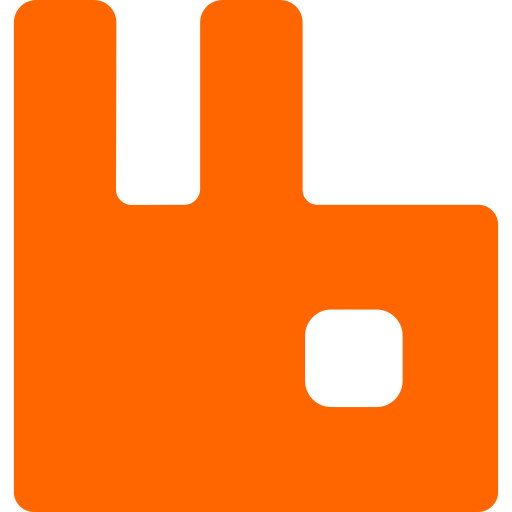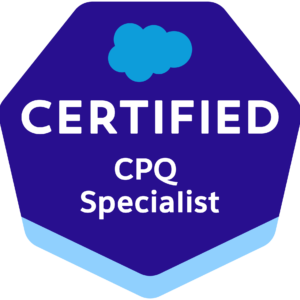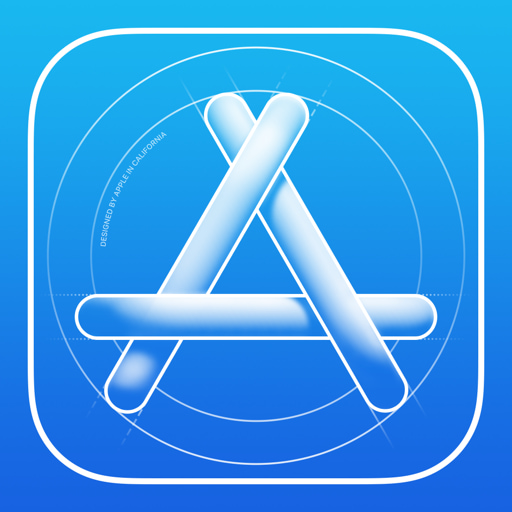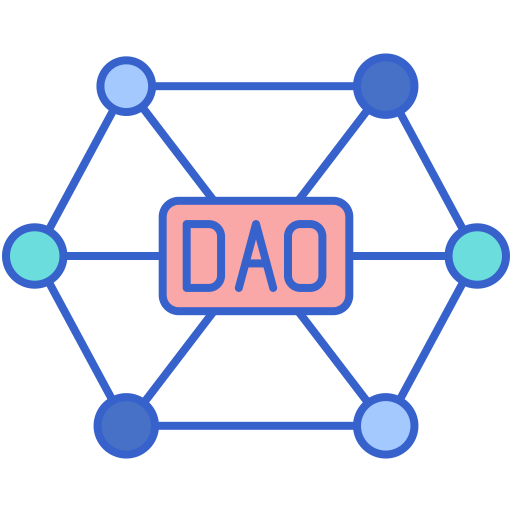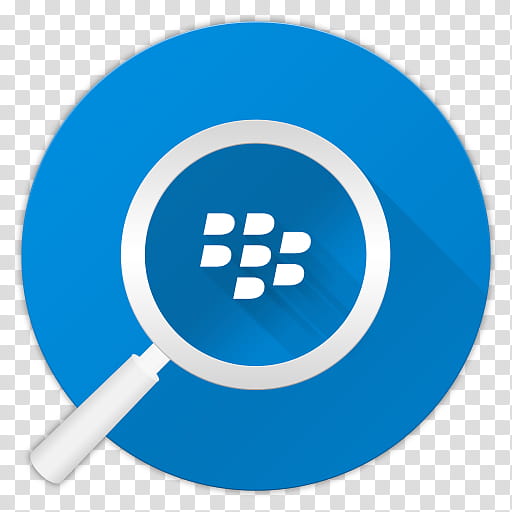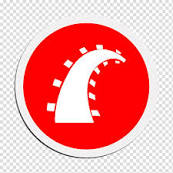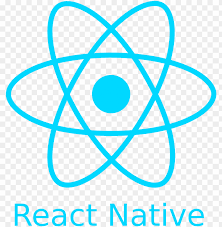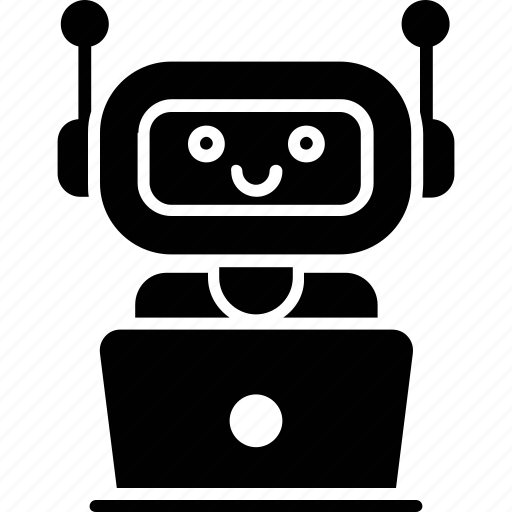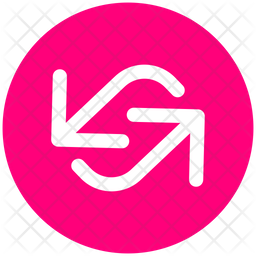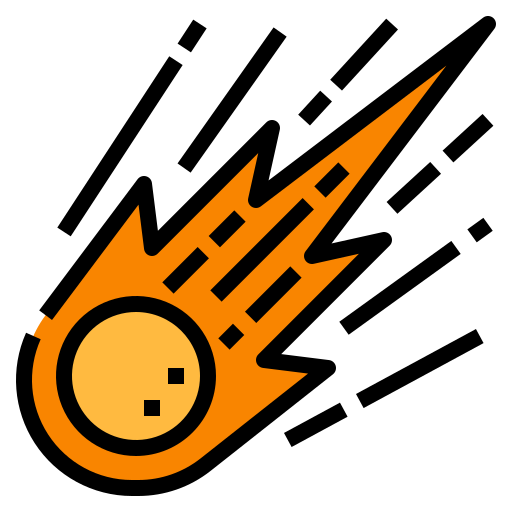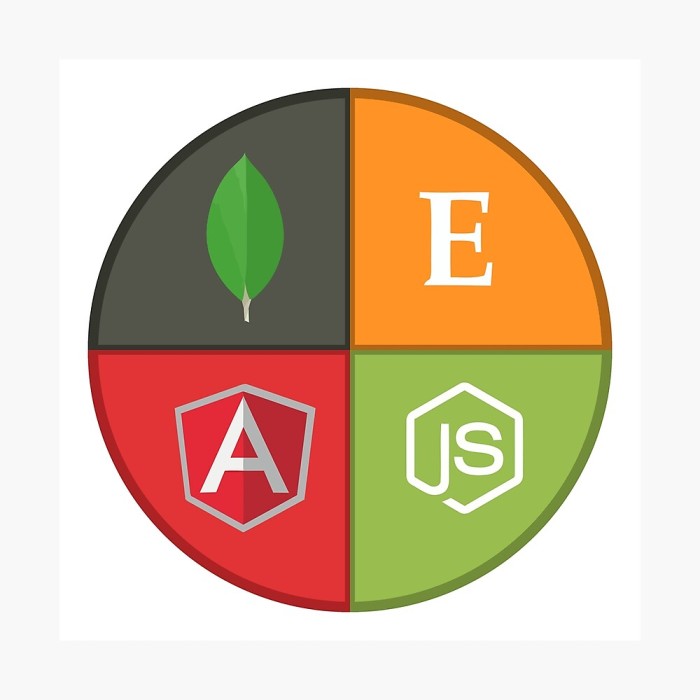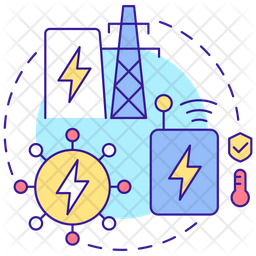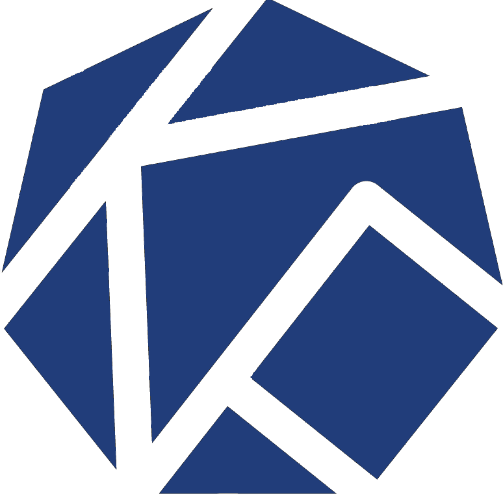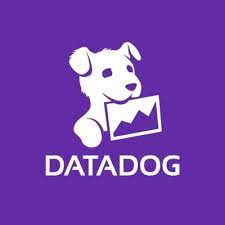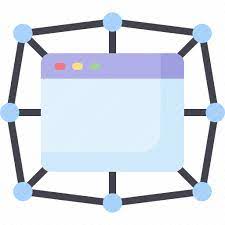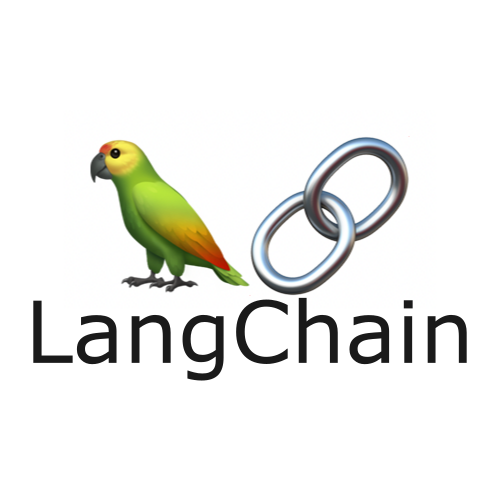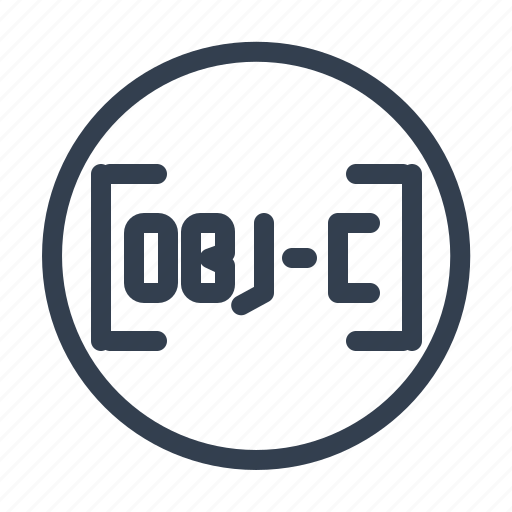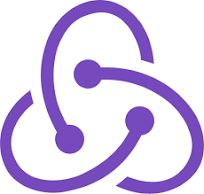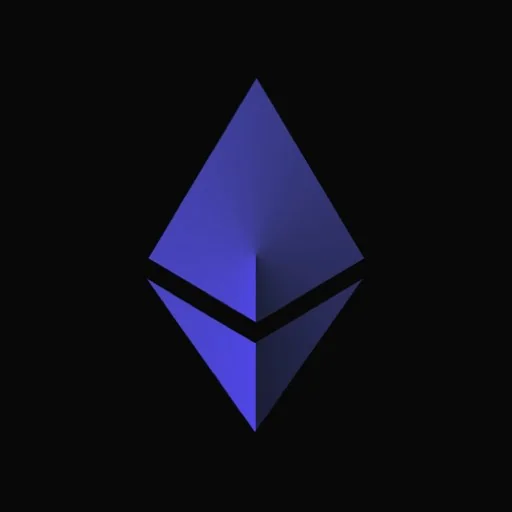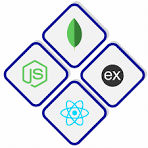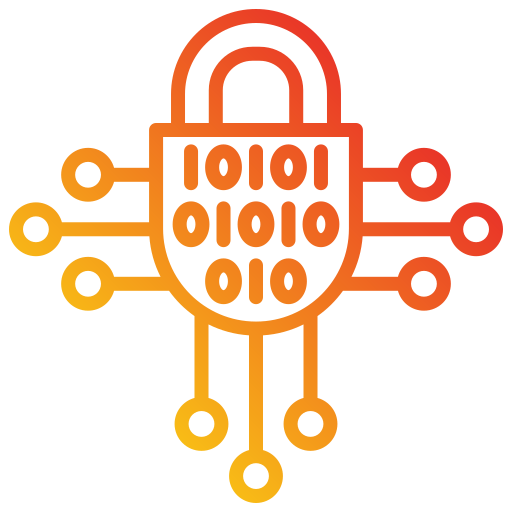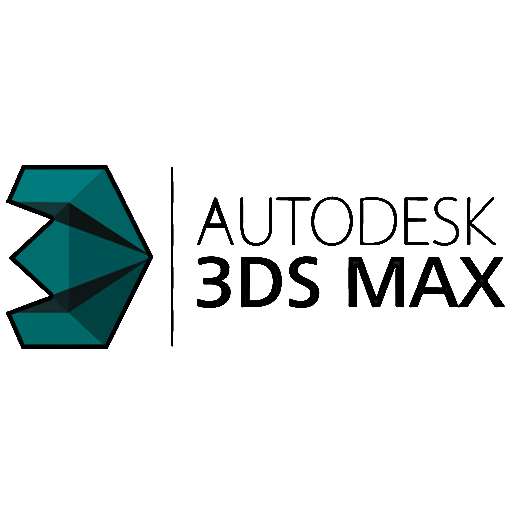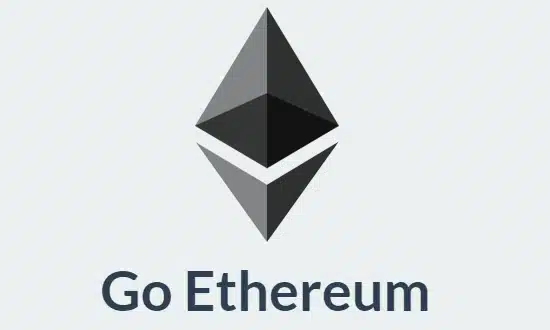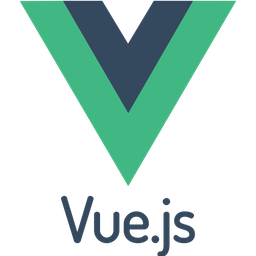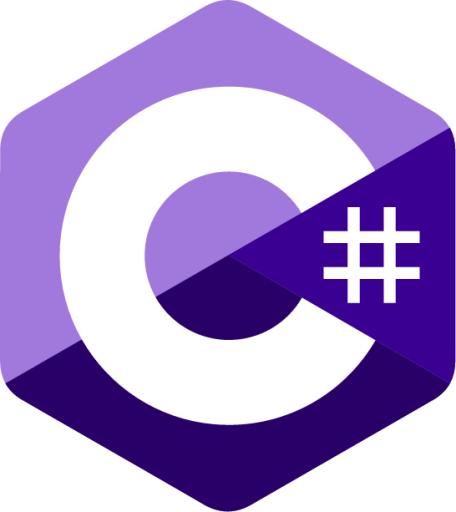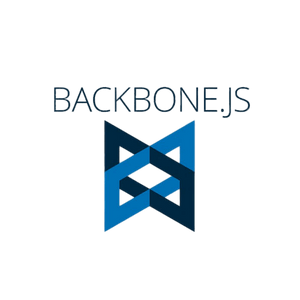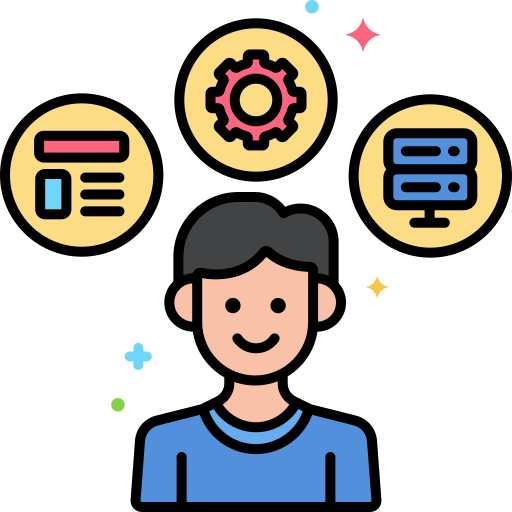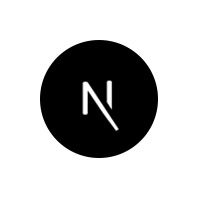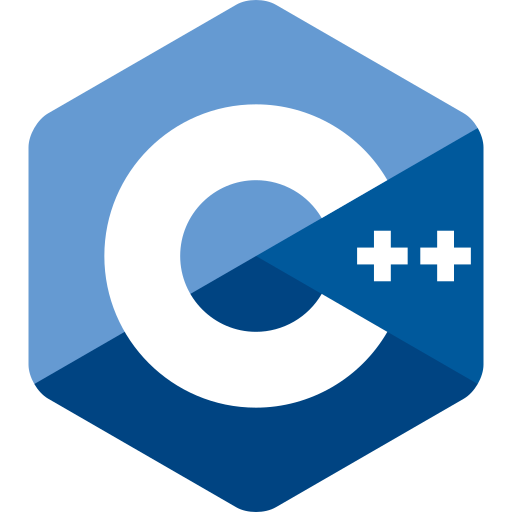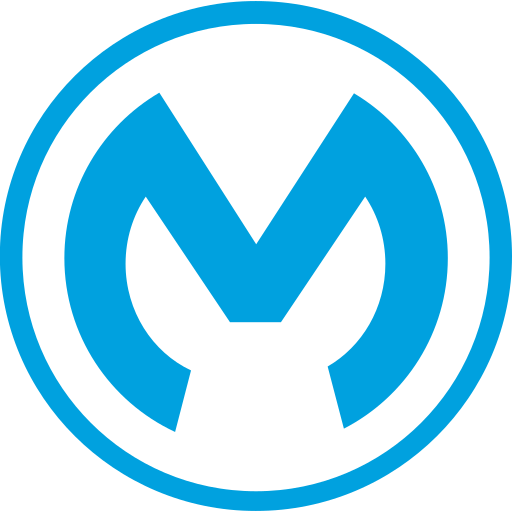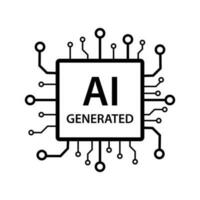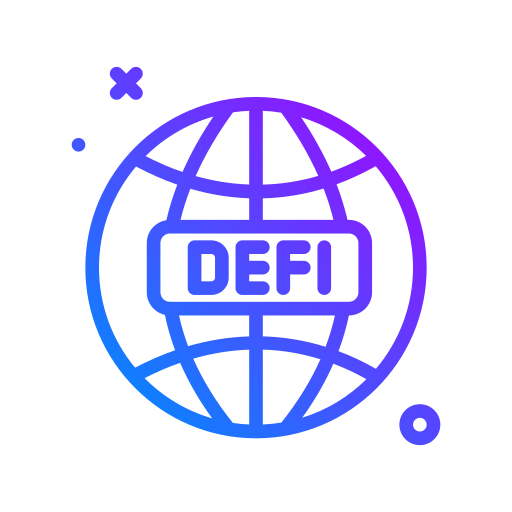Contents
What is Mean Stack?
Why Choose MEAN Stack For Application Development?
What are the Essential Skills of a Mean Stack Developer?
Choosing the Right Engagement Model: Freelance, Part-Time, or Full-Time
Why Hire MEAN Stack Developers from UltraGenius?
Top Interview Questions to Ask While Hiring a C++ Developer
What is Mean Stack?
MEAN stands for MongoDB, ExpressJS, AngularJS, and NodeJS and is an excellent choice for developing full-stack web applications. MEAN stack quickly handles front-end and back-end using Angular.js which provides the Model-View-Controller architecture reducing page load-time and Node.js on the backend handling requests asynchronously with its non-blocking I/O. MongDB is a great choice as a NoSQL database in developing applications which allows MEAN developers to store and access data easily through document objects. With the help of Express.js, it becomes easier to configure and customize a web application.
Why Choose MEAN Stack For Application Development?
JavaScript Based: MEAN Stack uses one language, JavaScript, for both server and client development. This makes it easy for developers to work on the whole project using just one language. Full-Stack Development: MEAN includes everything needed for building a web app - MongoDB for databases, Express.js for servers, Angular for the frontend, and Node.js for the backend. It's like having a one-stop shop for all your development needs. Scalability: MEAN Stack can easily grow with your app. If your app becomes more popular and needs to handle more users, MEAN has tools, like MongoDB, built for this kind of growth. It's like your app can grow without causing a headache for your developers. Open-Source: MEAN is open-source, meaning it's free and has a large community of developers. This is awesome for your project because you have access to lots of helpful tools and advice from other developers. Fast Development: MEAN makes building apps quicker. Since it uses the same language, JavaScript, for everything, developers can work faster without switching between different technologies. It's like having a speedy express lane for your app development.
What are the Essential Skills of a Mean Stack Developer?
Apart from being proficient in MEAN Stack Development and having full-stack experience, if you hire a part-time, full-time, or freelance mean stack developer, you need to assess their skills thoroughly to ensure that they fit your expectations and required skillsets. Here are a few things to check before you collaborate with a developer:
- Familiarity with the Core HTML, CSS, and JavaScript
- Well Conversant with JS Build Tools
- Highly Skilled at Testing Frameworks and Tools
- Experienced in Version Control Systems (VCS)
- Familiarity with Emotion.js
- Knowledge of Node.js and Express.js
- Experience with Web Markup and UI/UX Concepts
- Knowledge of Model-View-Controller Architecture
- Proficient using Dependency Injection (DI)
- Proficient using Database
- Expertise in Angular.js
HTML (Hypertext Markup Language), CSS (Cascading Style Sheets), and JavaScript are fundamental technologies that every MEAN stack developer should know. Check the developer's knowledge of HTML5 and CSS3. Additionally, the developer should be proficient in more than one JavaScript library or framework, such as jQuery and Bootstrap, and must specialize in working with Asynchronous JavaScript and XML (AJAX). Verify whether the developer has experience with Leaner CSS and Syntactically Awesome Stylesheet (SASS), and ensure they are familiar with JavaScript build tools such as Grunt.js, Gulp.js, and Bower.js.
While working on real-world projects, MEAN stack developers must know how to use build tools or task runners. Build tools assist in tasks such as combining multiple files into one (bundling), removing unused code (tree shaking), and converting modern ES6+ JavaScript into a version compatible with older browsers (transpiling).
Web application development is on the rise with MEAN. Consequently, developers should be familiar with Jest and Enzyme for effective unit testing. Plus, it's crucial to be skilled in tools like Selenium, Webdriver, Cucumber.js, Nightwatch JS, and Cypress for thorough end-to-end testing.
Hire MEAN developers must have a thorough knowledge of version control systems, such as Git. It is a version control system that assists the team in collaborating, organising, and maintaining code that undergoes rapid changes. Along with this, they need to know how to add or push/pull from repositories (i e repository hosting service) so that they can continue working independently on projects even when other members are unavailable or offline.
Emotion.js is a tool designed for writing CSS in JavaScript. EmotionJS provides a vast and powerful set of features including source maps, testing utilities, and labels. With its robust and predictable composition styles, it designs applications to avoid CSS specificity issues. It designs and develops MEAN applications with its string and object styles. Check the MEAN developers’ experience working with Emotion.js library.
The MEAN developers must have experience of using the ExpressJS library in their application. ExpressJS makes it easier for developers to write concise code and customize an application. Express provides the HTTP methods GET, PUT, POST, DELETE, SET, etc., methods to specify the template engine being used, the location of template files, and which template is used for rendering a response. It helps in creating a router handler to provide routing for the application and handle validation and 404 errors which may occur in a MEAN application.
The MEAN stack developer must have a firm understanding of element positioning, displaying the elements, and making components interactive, semantic markup, and other related UX Concepts so they can design the product with the best quality. The developer must be experienced in developing visual effects in presentational markup. For, example – How the heading appears, making text larger and putting weight to it, and giving which color to it, and which markup can include captions, bind columns, and row headings to table cells.
Angular.js is designed over Model-View-Controller architecture. Model orchestrates business logic and deals with data. It loads and saves data in the backend. It generates events whenever there is any change in data. View is responsible for user interaction and activity. View renders data from the model. Views can also be dataless sometimes. The controller is responsible for communicating with the model in the backend when any request is sent by the client and responds back with the information sent by the server.
The MEAN developer should possess extensive knowledge of working with Angular and must be updated about the newest version of Angular and the latest features and functionalities that are recently added. Dependency Injection (or DI) is the core part of any web application. DI is a design pattern in which a class takes or requests components from external resources rather than creating the components. This enables the developer to replace the components without changing the class that uses them. Make sure the developer knows about Injector, Provider, and Dependency.
MongoDB is gaining popularity nowadays because of its great alignment with front-end frameworks like React.js, Vue.js, and Angular.js. It is a document database that stores data in BSON (binary representation of JSON) format. MongoDB is a NoSQL (Not-only SQL) database that does not need pre-defined schemas and can store heterogeneous types of data. It allows MEAN developers to create multiple fields in a document. MongoDB is a powerful querying tool because any document field can be indexed and provides faster data access by using internal memory for storing data.
MEAN developers must be strongly experienced in developing Angular applications as it use the Angular.js framework in the front-end. AngularJS is a client-side JavaScript structural framework to develop dynamic web applications. It is specialized in developing Single-Page Applications (SPAs) at a large extent. Developers can use HTML as templates because Angular provides the extension to embed HTML syntax for web applications.
Choosing the Right Engagement Model: Freelance, Part-Time, or Full-Time
When you’ve decided to hire a mean stack developer in India from UltraGenius, you have three options for your project. Choosing a model depends on your needs, budget, and experience required. Each model has its benefits for your business. Therefore, whatever you choose, we’ll be there for you.
- Freelance MEAN Stack Developers
- Part-time MEAN Stack Developers
- Full-time MEAN Stack Developers
If you hire a freelance MEAN Stack developer, it may be advantageous for companies and organizations that have small or short-term initiatives. You can collaborate with freelancers if you are comfortable with independent contractors who take on work as they arise. They work remotely and provide a lot of flexibility, suitable for customers on a low budget. Cost-effective: Freelancers usually charge less than full-time experts, making them an attractive solution for modest assignments. Flexibility: Because they can operate on a project-by-project basis and be hired as needed, freelancers are a flexible option for customers with variable workloads. Expertise in a particular area of MEAN Stack development: Freelancers typically have this knowledge, which can be helpful for clients with specialized requirements.
Hiring a part-time MEAN Stack developer is a smart move for companies and organizations working on ongoing projects that require a consistent volume of development labor. Cost-effective: Hiring a part-time developer is an intelligent choice for ongoing projects because they are less expensive than full-time developers. Flexibility: Because part-time developers can choose their hours, you can allocate development projects as needed. Consistent support: Part-time developers can provide constant assistance throughout the project, ensuring that development work proceeds without hiccups.
Hiring a full-time MEAN Stack developer is a wise solution for companies and organizations with significant or ongoing projects that demand a dedicated development team. Our full-time developers can deliver premium, constant support, and experience throughout the project. Consistent Support: Our full-time developers provide constant support throughout the project to ensure that development work is proceeding without any hiccups. Deep Project Understanding: Our full-time developers comprehensively understand the project's requirements, which promotes effective teamwork and communication. Accountability: Our full-time developers guarantee that the project is delivered on time, at an exceptional standard, and that your expectations are met.
Why Hire MEAN Stack Developers from UltraGenius?
Are you looking to develop high-performing web applications? If yes, it’ll be a smart move to hire a mean stack developer in India from UltraGenius. Our Mean Stack developers have extensive knowledge of advanced technologies and full-stack development. Moreover, we prioritize you so that your investment in us provides fruitful results. We have a fast turnaround time, ensuring that your business needs are fulfilled on the go. Here's how UltraGenius is the suitable partner for you:
- Proficiency in MEAN Stack Technology
- Full-Stack Development Experience
- Agile Development Methodology
- Quality Assurance and Testing
- Cost-Effective Development
Our MEAN Stack professionals are incredibly acquainted and experienced in the most contemporary MEAN Stack technologies, like MongoDB, ExpressJS, AngularJS, and Node.js. They can build scalable, highly successful web apps customized to your unique requirements if they fully understand these technologies and how they interact. Because of their expertise, they can provide their clients with high-quality web solutions that significantly improve user experience by utilizing MEAN Stack technology. Whether building a web application from scratch or modifying an existing one, UltraGenius MEAN Stack developers are ready to deliver exceptional results.
Our MEAN Stack specialists have in-depth knowledge of full-stack development and are adept at front-end and back-end coding. They can provide you with efficient and user-friendly web apps. From designing user interfaces to integrating the application with the database, our MEAN Stack engineers can easily handle every aspect of web application development.
The agile development methodology is a flexible, team-based approach to software development that emphasizes incremental and iteratively creating useable software. MEAN Stack developers at UltraGenius use this process to work closely with you to comprehend your objectives and ultimately offer solutions. The strategy helps our team respond quickly to changing requirements and deliver high-quality software in a compressed time. It includes regular feedback, flexibility, and ongoing improvement.
The MEAN Stack developers at UltraGenius use rigorous quality control and testing methods to confirm that the apps we create are reliable, performing, and secure. Our process includes code reviews, automated and manual testing, and continuous integration. So, by assisting in the early diagnosis and adjustment of problems, this strategy decreases the likelihood of delays and extra costs. When we focus on testing and quality control, we can deliver the highest caliber product to meet or exceed your expectations.
Cost-effective development is a development strategy that maximizes the value of every dollar spent on development. If you hire dedicated MEAN Stack developers from us, your business will significantly save money because we will find the perfect developer for you who provides premium solutions. Customers can choose the most economical option from our various engagement models, like hourly rates, project-based pricing, and dedicated teams, based on your budget and development needs. You may get premium development services from UltraGenius at a reasonable cost, which can help you stay within your budgetary restrictions while achieving your growth goals.
Top Interview Questions to Ask While Hiring a C++ Developer
- What is the operation of the MEAN Stack? What is it?
- Explain the function of Node.js in MEAN Stack development.
- How do you safeguard a MongoDB database?
- What is Angular Material?
- What is the difference between MEAN Stack and Lamp Stack?
The famous web development methodology MEAN Stack has four components: MongoDB, Express.js, AngularJS, and Node.js. We use Node.js for the online application framework. Whereas, Express.js and MongoDB are NoSQL database that utilizes documents resembling JSON to store data. Moreover, AngularJS is a client-side framework that provides tools for building dynamic web apps; and Node.js is a server-side framework JavaScript runtime environment.
Node.js is an essential component of MEAN Stack development which aids in creating robust and functional web applications. This component uses an event-driven and non-blocking I/O model as a server-side run-time environment. As a developer, Node.js enables me to handle various requests simultaneously to make your web application responsive. Moreover, this component blends well with others, making it easier to develop end-to-end applications.
Keeping the MongoDB database safe is critical to safeguard the user’s data. I follow the following practices to ensure its safety: Access restriction: I can establish an authentication on your web application’s database so that only authorized users access it. Strong passwords: I can enforce strong passwords to prevent unauthorized access to your web app. Permission Limiting: I can decrease users' permissions to prevent unwanted entries.
We refer to Angular Material as a UI component library for Angular web applications. It gives access to pre-built UI components and design patterns. It’s created on Google's Material Design which helps us to develop dynamic, robust, and scalable web applications. Moreover, this component allows us to access various navigation menus, buttons, dialog boxes, and forms. We can also make our developmental process quicker while providing consistent results.
While MEAN Stack also uses NoSQL databases like MongoDB, LAMP Stack only uses traditional relational databases like MySQL. As a result, we find it more flexible to manage unstructured data and scale up more effectively. The MEAN Stack also consists of AngularJS, a front-end framework not part of the LAMP Stack. AngularJS enables the development of sophisticated user interfaces for complex single-page apps. Web development is designed to be more flexible and contemporary compared to the more modern MEAN Stack than the more established LAMP Stack.




































